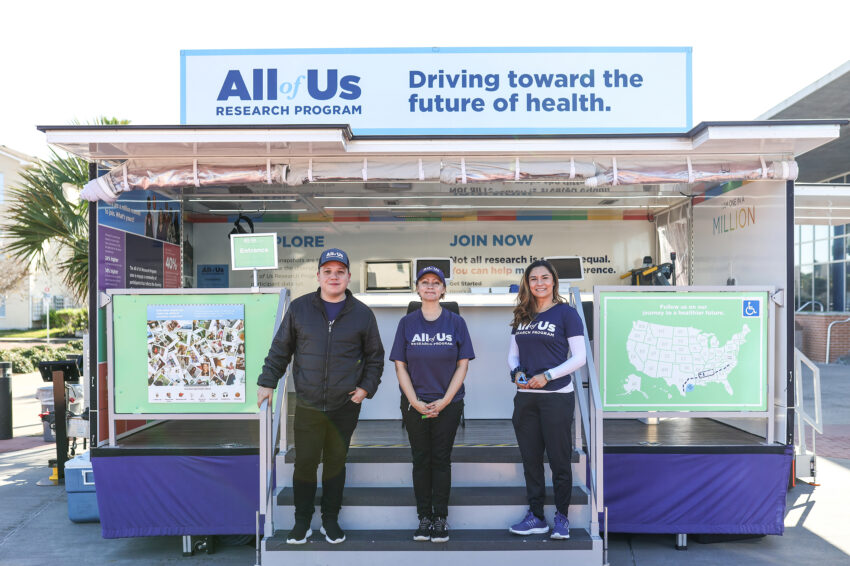1 in 5 People on Transplant Waiting List are Latino

More than 100,000 people are waiting for a life-changing organ transplant in the US, according to the American Heart Association. The stark reality is that nearly 23% of those on the transplant candidate waiting list are Latino — that’s one out of every five people. In fact, 59% of all transplant candidates on the waiting list are Black, Latino, or Asian. These populations are unevenly affected by chronic diseases, leading to the need for a transplant. In 2023, Latinos received 8,540 of the over 46,000 transplants performed, including 580 hearts, according to the American Heart Association. Despite the number of transplants performed and Latinos on the waiting list, organ donation remains low in the Latino community. Latino Organ Donorship While organs ...
Read More







